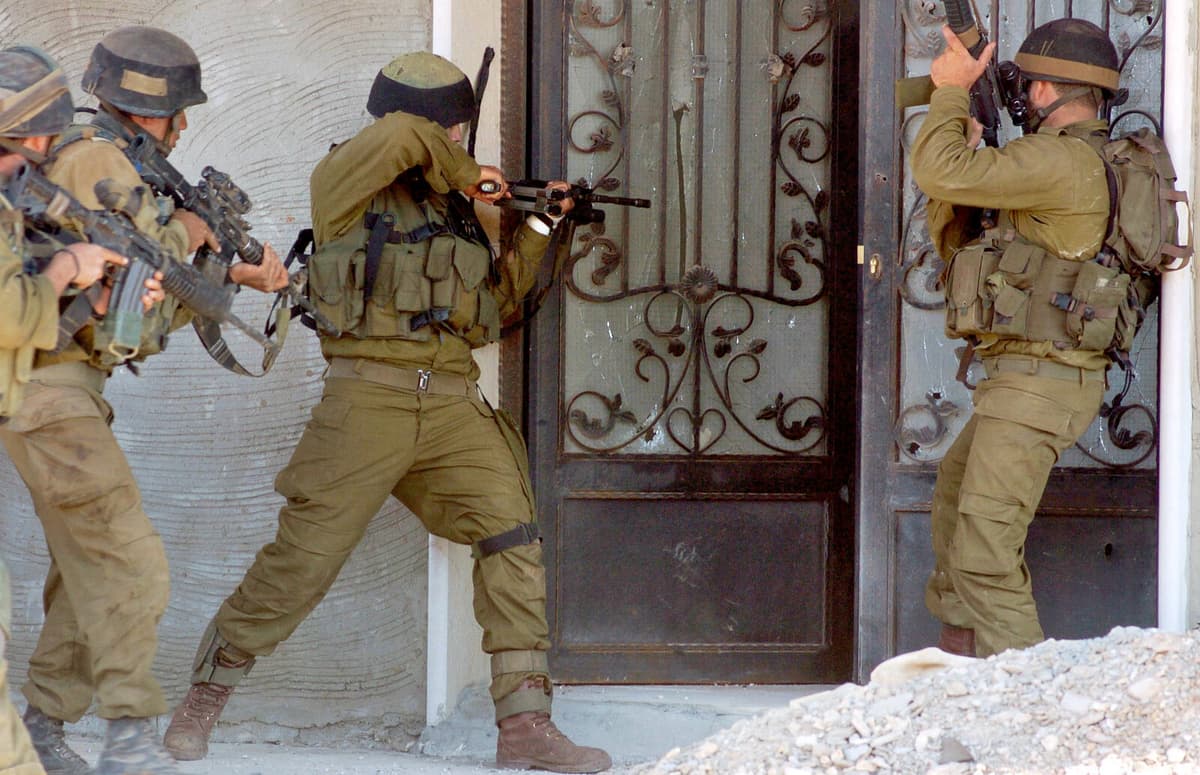If the ceasefire is also implemented by the Israeli government, the country is expected to act step by step, according to Anders Ekholm, lieutenant colonel and doctoral student at the Defence University with a focus on Israel's military.
They will not remove all troops from southern Lebanon directly. Instead, they will probably freeze the situation in some way and continue to monitor their surroundings and themselves with all the troops that are there, he says.
Then the responsibility falls on Lebanon to combat Hizbollah on its own and maintain its territories.
The Lebanese army, which is very weak and incapable of controlling Hizbollah, must in some way be reorganized and made stronger so that they can group in southern Lebanon, says Anders Ekholm.
Rumors of an agreement with the USA
What is happening now is, according to him, very similar to what happened in 2006 when the UN Security Council adopted a resolution to put an end to the war between Israel and the Lebanese Shia movement Hizbollah.
The decisive factor for Netanyahu to have once again approved a ceasefire with Lebanon, despite it having failed previously, is believed to be a bilateral agreement with the USA.
There is no trust without other things, and I think the American side agreement can be what has made it possible to consider trying.
Hamas is isolated
The hope from Israel's perspective is now that the ceasefire in Lebanon will also have a positive impact on the conflict in Gaza.
It isolates Hamas further, they become even more alone, even if they have Iran behind them. Previously, this northern front against Hizbollah has meant that Israel has always been divided in its attention.






